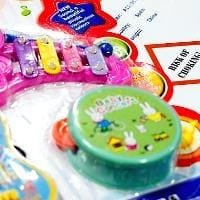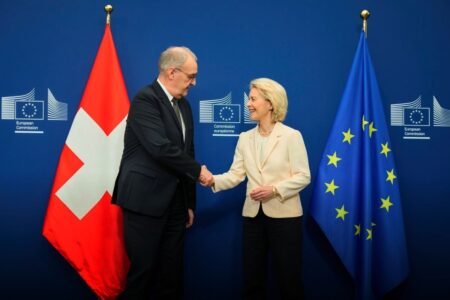(BRUSSELS) – Legislative proposals tabled Tuesday by the EU Commission would make it easier for smaller companies to sell products across Europe, and strengthen national controls against the sale of unsafe products.
The initiative for the two proposals follows the breast implant and ‘dieselgate’ scandals which the EU executive says undermined trust and led to the need for stricter controls against faulty products across the board.
“The Single Market is built on trust,” said Internal Market Commissioner Elzbieta Bienkowska: “Consumers must be able to trust that the products they use are of the same standard wherever they come from; and public authorities must be able to trust that the products on their national markets are safe for their citizens.”
Today’s initiatives are designed to improve two aspects of the free flow of goods in the EU:
Making it easier to sell a product in another Member State:
The “mutual recognition” principle ensures that products not subject to EU-wide regulation can, in principle, move freely within the Single Market, if they are lawfully marketed in one Member State. This principle should allow manufacturers to sell their products across Europe without any additional requirements. But this is not always working as it should. In practice, companies wishing to sell products such as shoes, tableware or furniture in another Member State often face barriers, delays and extra costs. To make the principle faster, simpler and clearer in practice, the Commission proposes a new Regulation on the Mutual Recognition of Goods. Companies will know if their products can be sold in another EU country in a couple of months, rather than years. They will also be able to use a voluntary declaration to demonstrate that their products meet all the relevant requirements in their country. This will make it easier for authorities of other Member States to assess whether or not mutual recognition should apply. Similarly, a problem resolution mechanism will allow for a faster resolution of disputes between companies and national authorities. Training and exchanges among officials will further improve collaboration and trust among national authorities. This will not prevent national authorities from taking legitimate public policy concerns into account.
Strengthen controls by national authorities to ensure that products are safe and comply with the rules:
There are still too many unsafe and non-compliant products sold on the EU market: as many as 32% of toys, 58% of electronics, 47% of construction products or 40% of personal protective equipment inspected do not meet the requirements for safety or consumer information foreseen in EU legislation. This endangers consumers and puts compliant businesses at a competitive disadvantage. The draft Regulation on Compliance and Enforcement will help create a fairer internal market for goods, through fostering more cooperation among national market surveillance authorities. This will include sharing information about illegal products and ongoing investigations so that authorities can take effective action against non-compliant products. The Regulation will also help national authorities to improve checks on products entering the EU market. Since 30% of goods in the EU are imported, the Commission further proposes to reinforce inspections of ports and external borders.
The draft Regulations will now be sent to the European Parliament and Council for adoption. Once adopted, they will be directly applicable.
Trade in goods accounts for 75% of intra-EU trade and around 25% of the EU’s GDP. EU product rules cover the vast majority of all manufactured products in the EU. They have a value of 2,400 billion and are produced or distributed by some 5 million businesses. EU rules allow products to circulate freely across the Union while ensuring a high level of environmental, health and safety protection. For example, EU legislation in areas like toys and chemicals is among the strictest in the world.
Trading safe products across Europe - background guide








